Western Bulk Herbs – Thyme
Thyme is mostly used as a culinary herb; however, it is also used commonly to treat respiratory infections. It works on coughs and is well known as an infection fighter. It is a good boost for the immune system and to overall health. Applied to the muscles it can relieve the pain plus you can use it to treat scabies, lice, and thrush. It has also been used to treat intestinal worms.
Latin Name:
Thymus vulgaris
Common Names:
Common Thyme, Mountain Thyme, French Thyme, Creeping Thyme, Garden Thyme
Parts Used:
Fresh or dried sprigs or leaves.
Properties:
Expectorant, antiseptic, tonic, antispasmodic, and anti-parasitic.
Traditional Uses:
Teas, tinctures, baths, gargles, and toothpaste.
Topical Uses / Applications:
Culinary Uses:
Can be used in any dish or beverage.
Chemical Properties:
Alpha-linolenic acid, anethole, apigenin, borneol, caffeic acid, calcium, chromium, eugenol, ferulic acid, geraniol, kaempferol, limonene, lithium, luteolin, magnesium, manganese, methionine, p-coumaric acid, potassium, rosmarinic acid, selenium, thymol, tryptophan, ursolic acid.
Folk Lore:
Experts in language tell us that thyme’s name was derived form the Greek word thumus, or courage. In Medieval times, knights wore sprigs of the herb on their armor as a sign of courage. The scent of thyme was thought to give them strength in the midst of battle, as well as relief from pain.
According to Culpepper, Thyme is: “a noble strengthener of the lungs, as notable a one as grows, nor is there a better remedy growing for hooping cough. It purgeth the body of phlegm and is an excellent remedy for shortness of breath. It is so harmless you need not fear the use of it. An ointment made of it takes away hot swellings and warts, helps the sciatica and dullness of sight and takes away any pains and hardness of the spleen: it is excellent for those that are troubled with the gout and the herb taken anyway inwardly is of great comfort to the stomach.” A Modern Herbal
Cautions:
Although Thyme is GRAS: Generally Recognized As Safe, No one should take thyme oil internally. Women who are pregnant should not drink thyme tea, although small amounts of thyme used in cooking do not cause side effects. Do not take thyme as a medicine if you have a duodenal ulcer or if you have thyroid disease.Mountain Rose Herbs
*Disclaimer: These statements have not been evaluated by the Food and Drug Administration. This product is not intended to diagnose, treat, cure or prevent any disease.
Resources:
PDR for Herbal Medicines, 2000. Medical Economics Company, Montvale, New Jersey.
The New Holistic Herbal. David Hoffmann, 1990. Barnes and Noble Books, New York.
A Modern Herbal, Mrs. M. Grieve, (Dover Publications, New York, 1971)
Major Herbs of Ayurvedic.Compiled by Dahur Research Foundation and Dahur Ayurvet Limited, Ghaziabad, India., 2002. Churchill Livingstone, London, England.
Chinese Herbal Medicine: Materia Medica, Third Edition, Dan Bensky and Andrew Gamble, 1986. Eastland Press, Seattle, WA.
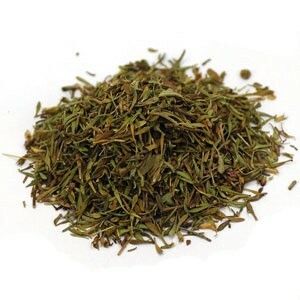
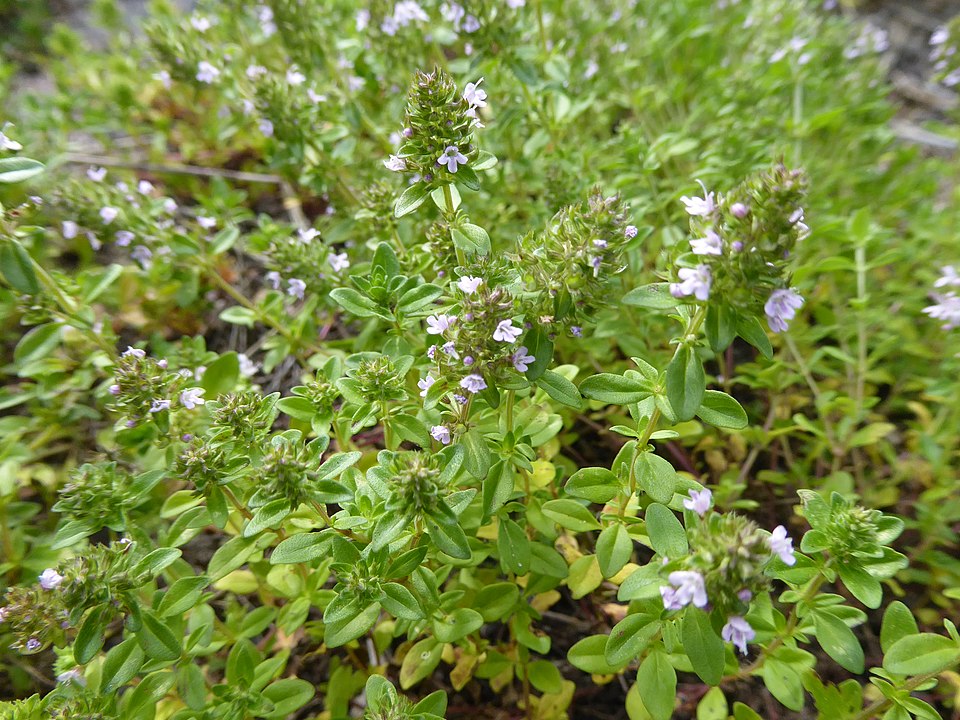
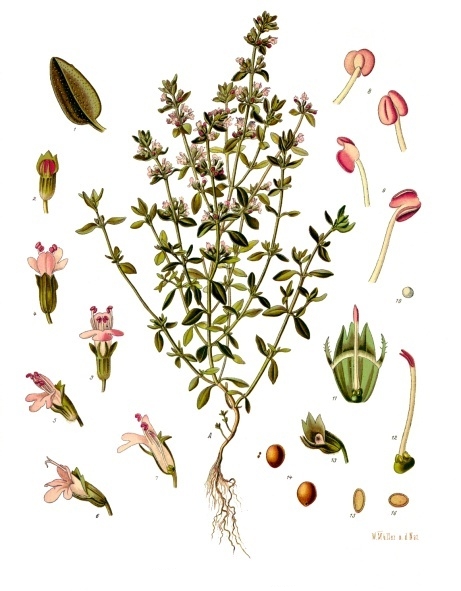
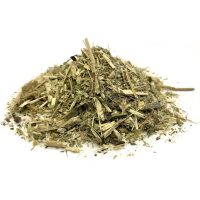
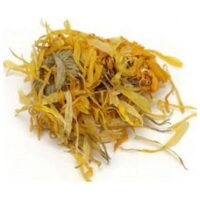
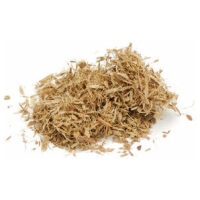
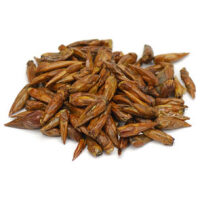
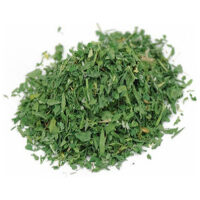
Reviews
There are no reviews yet.